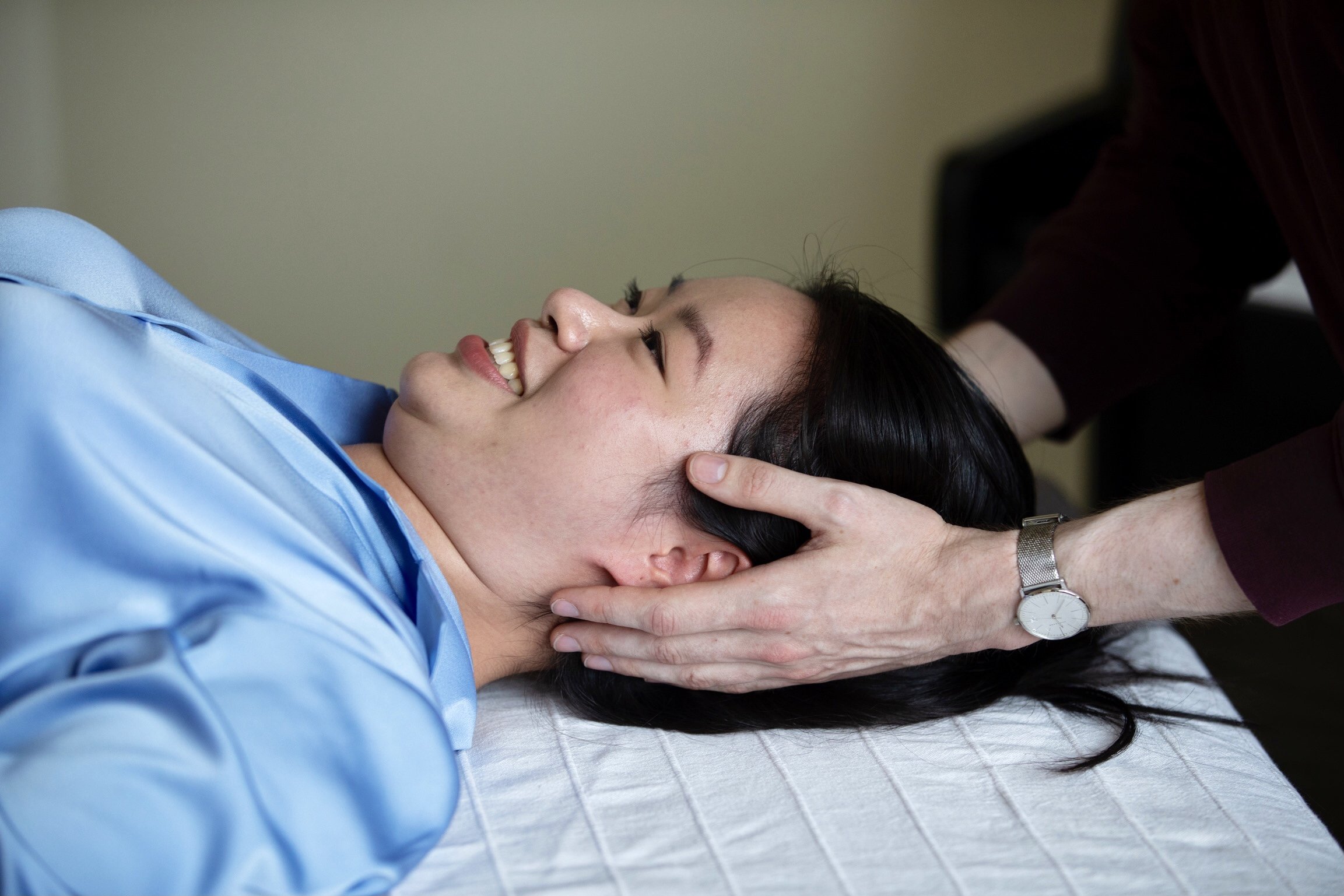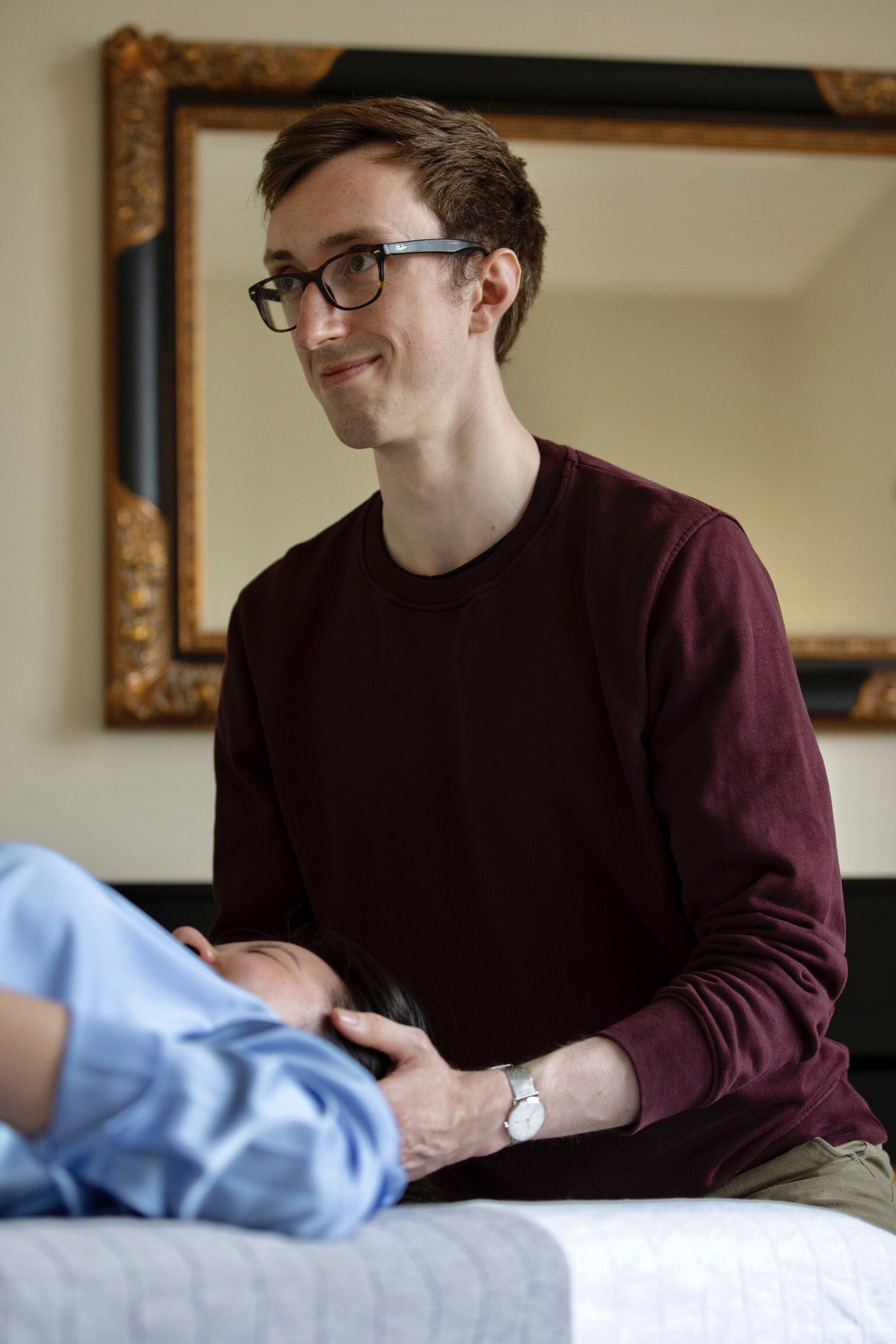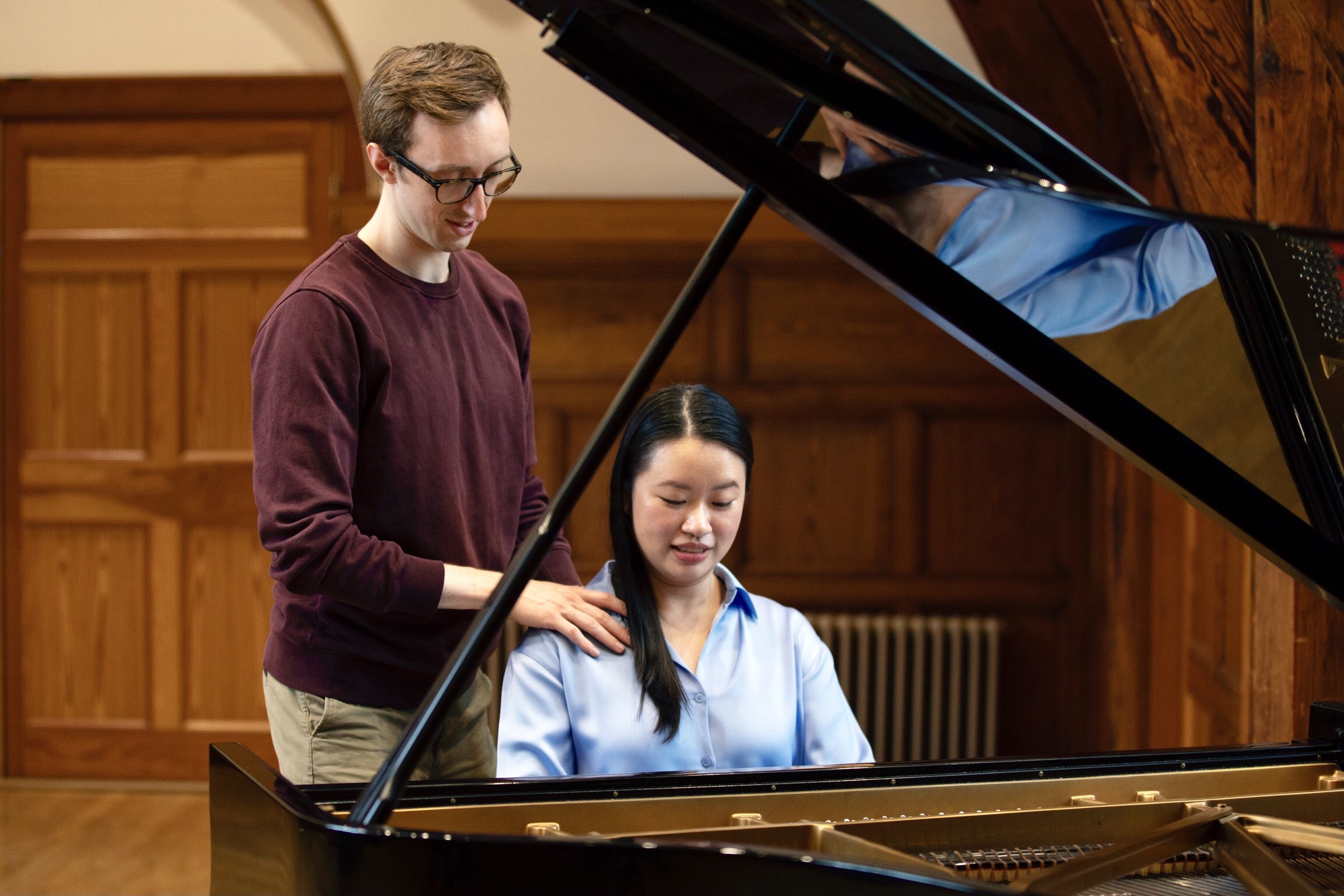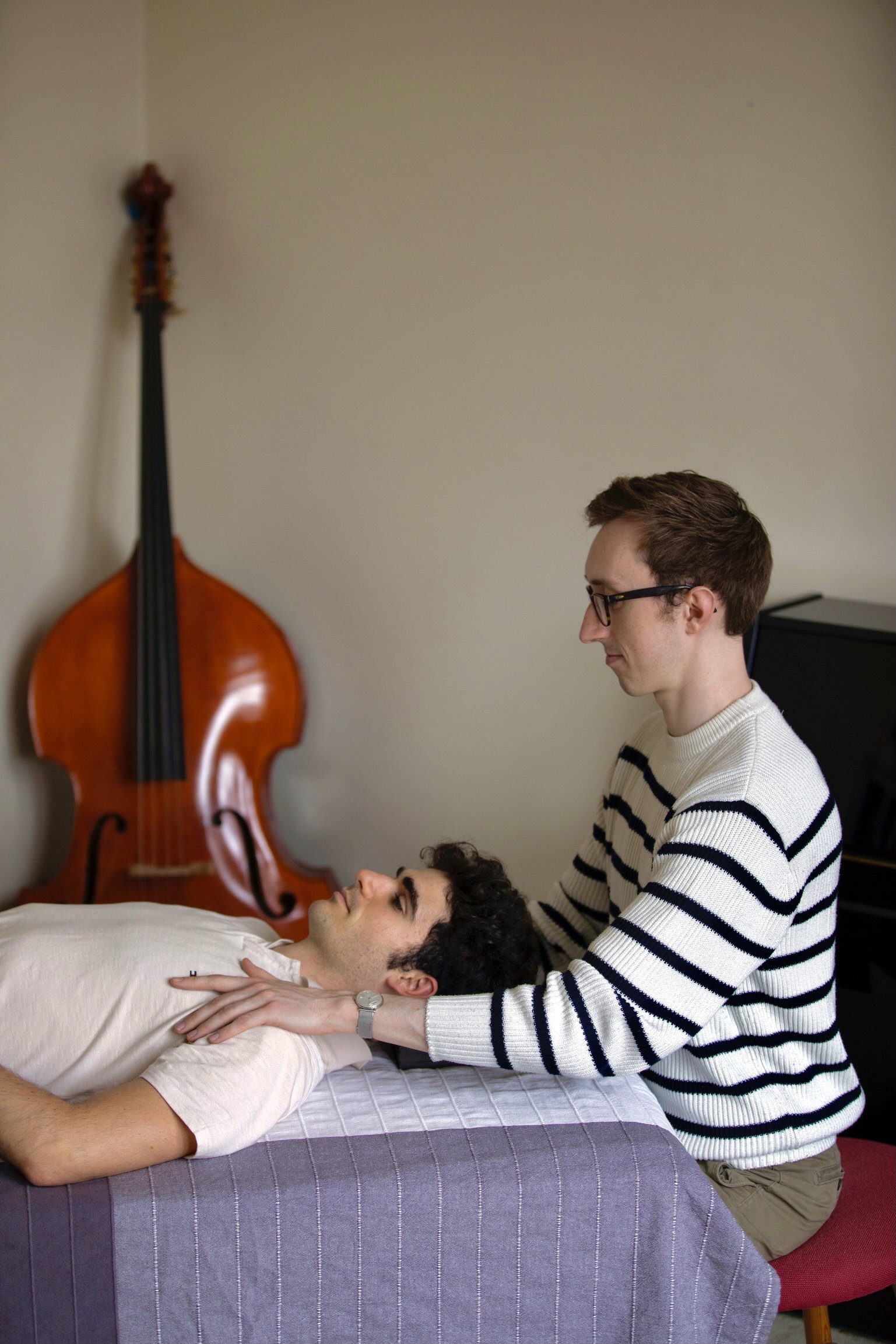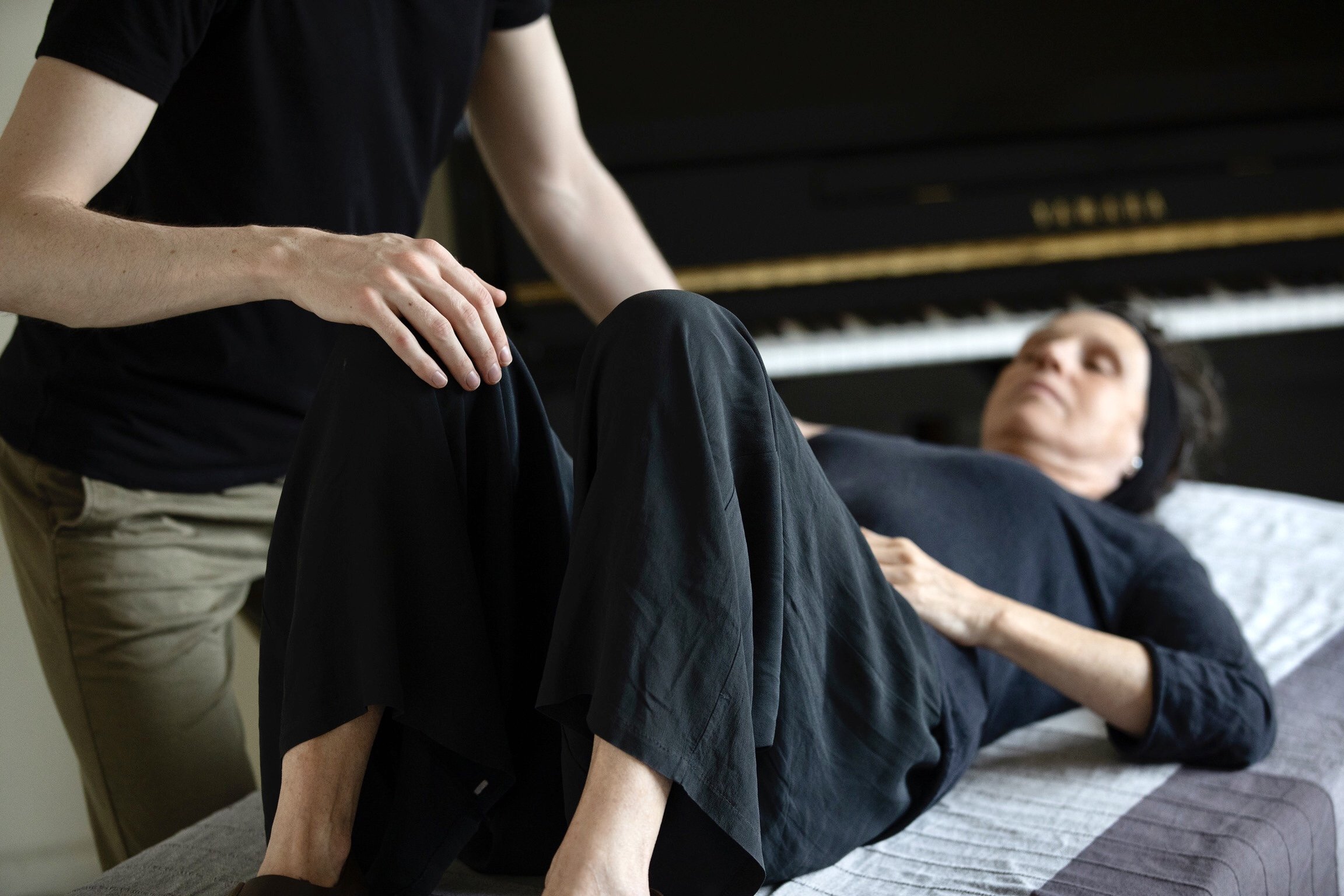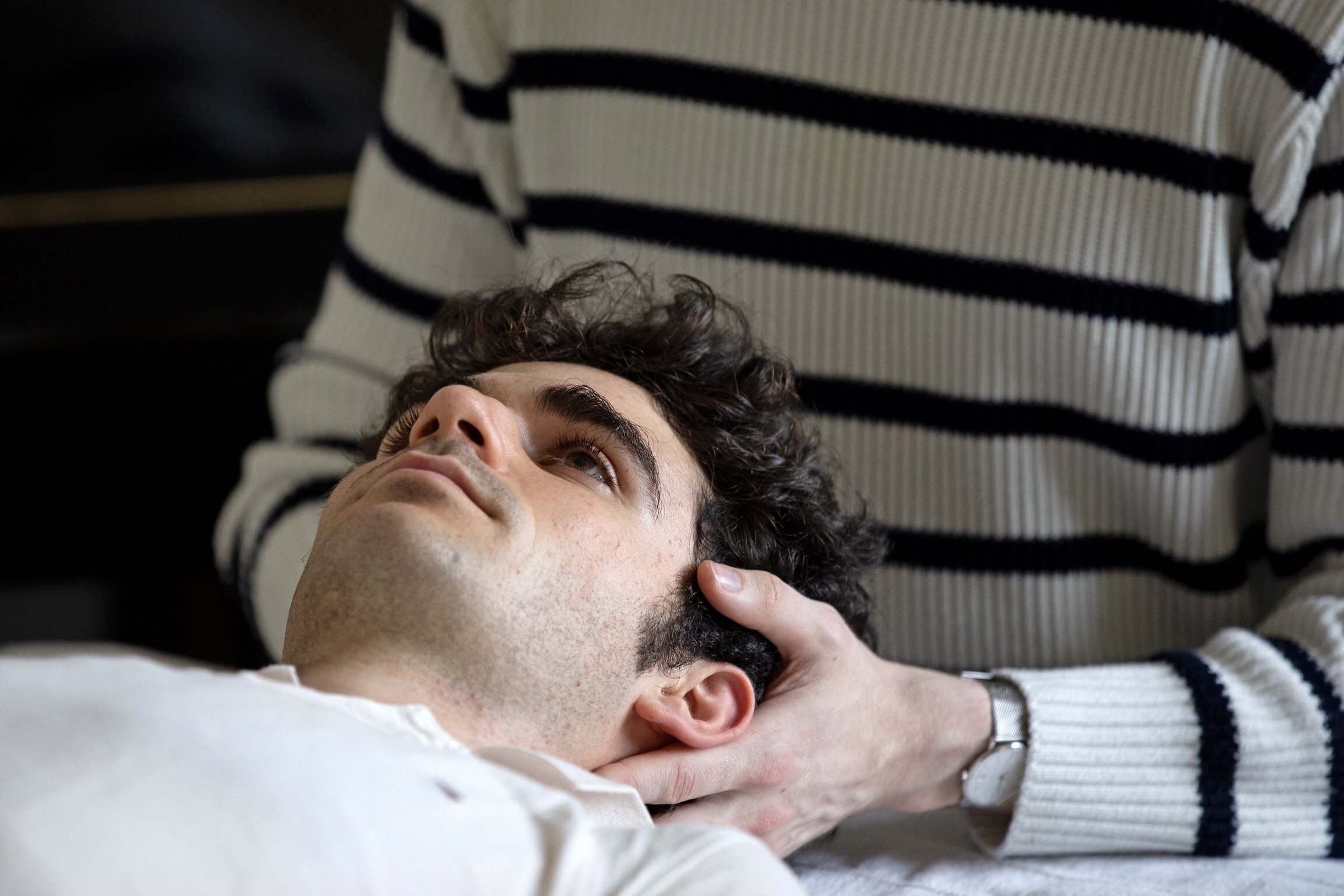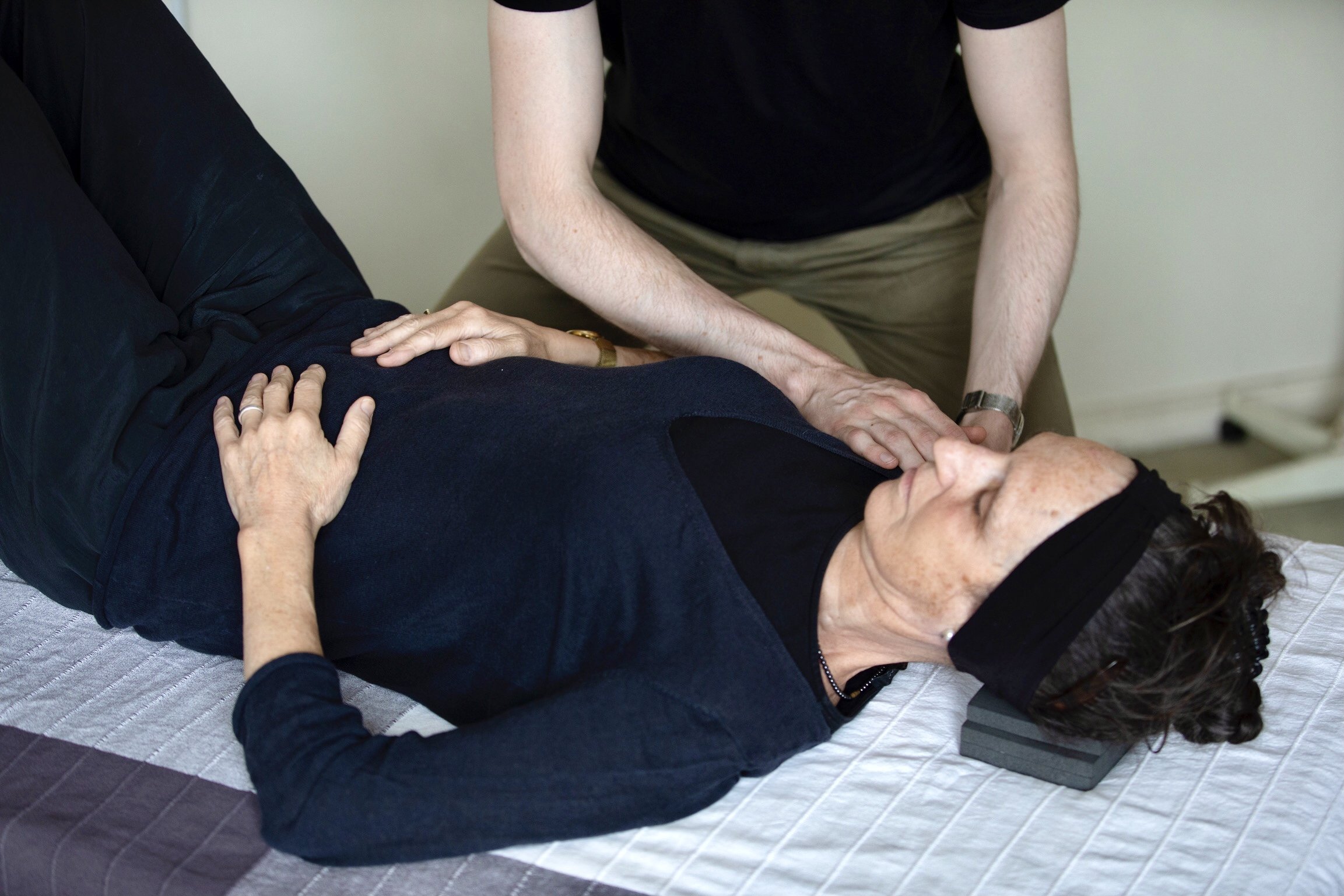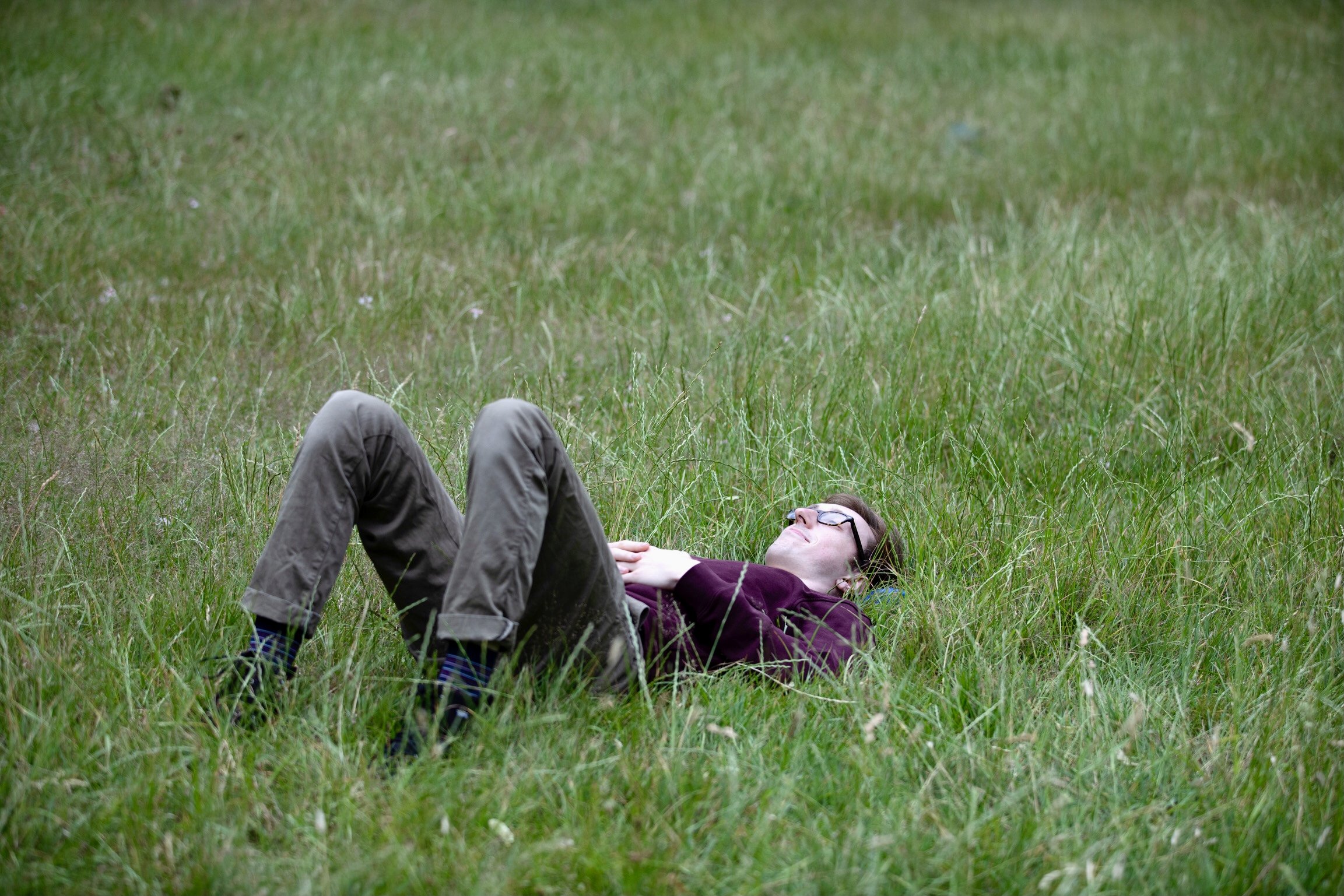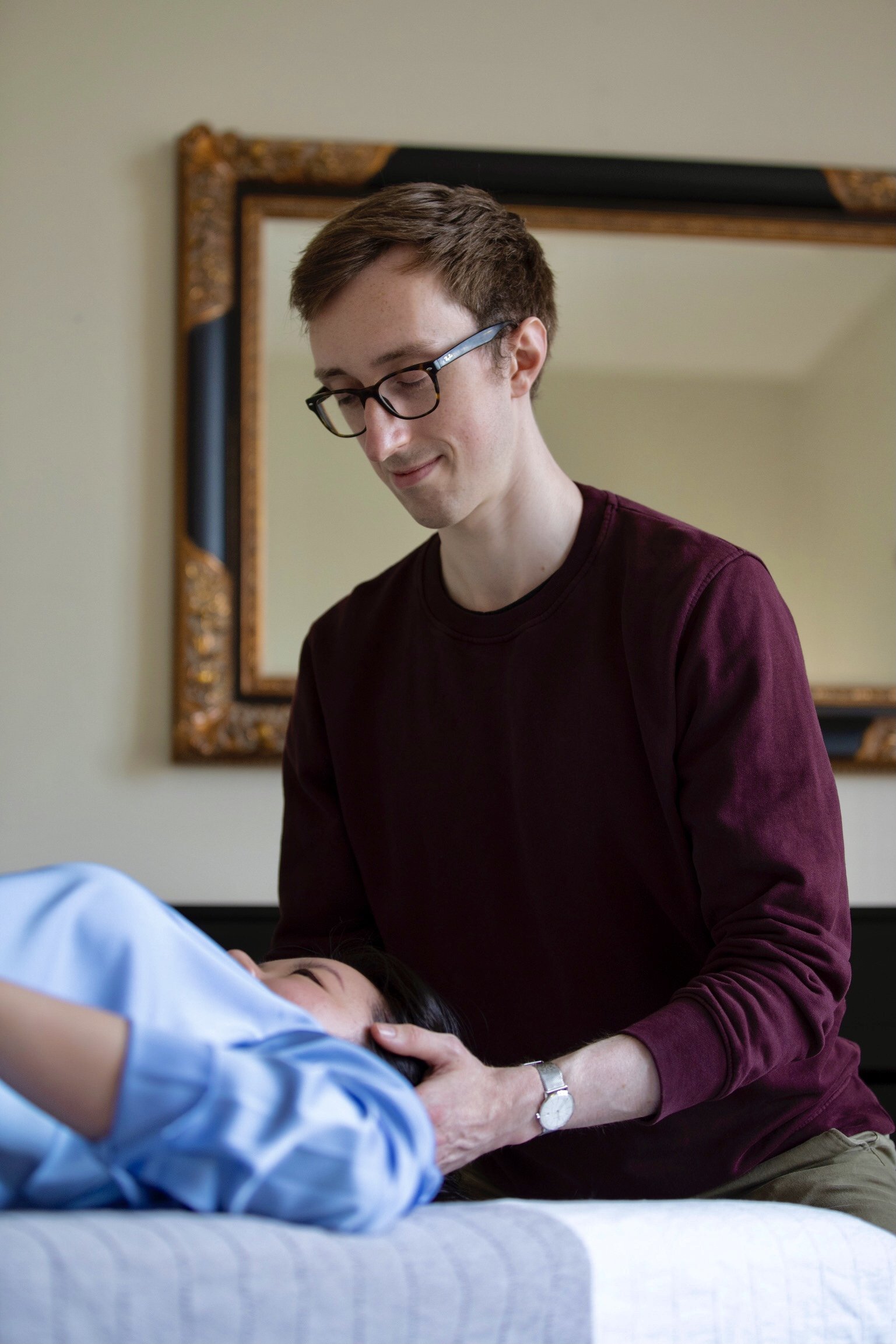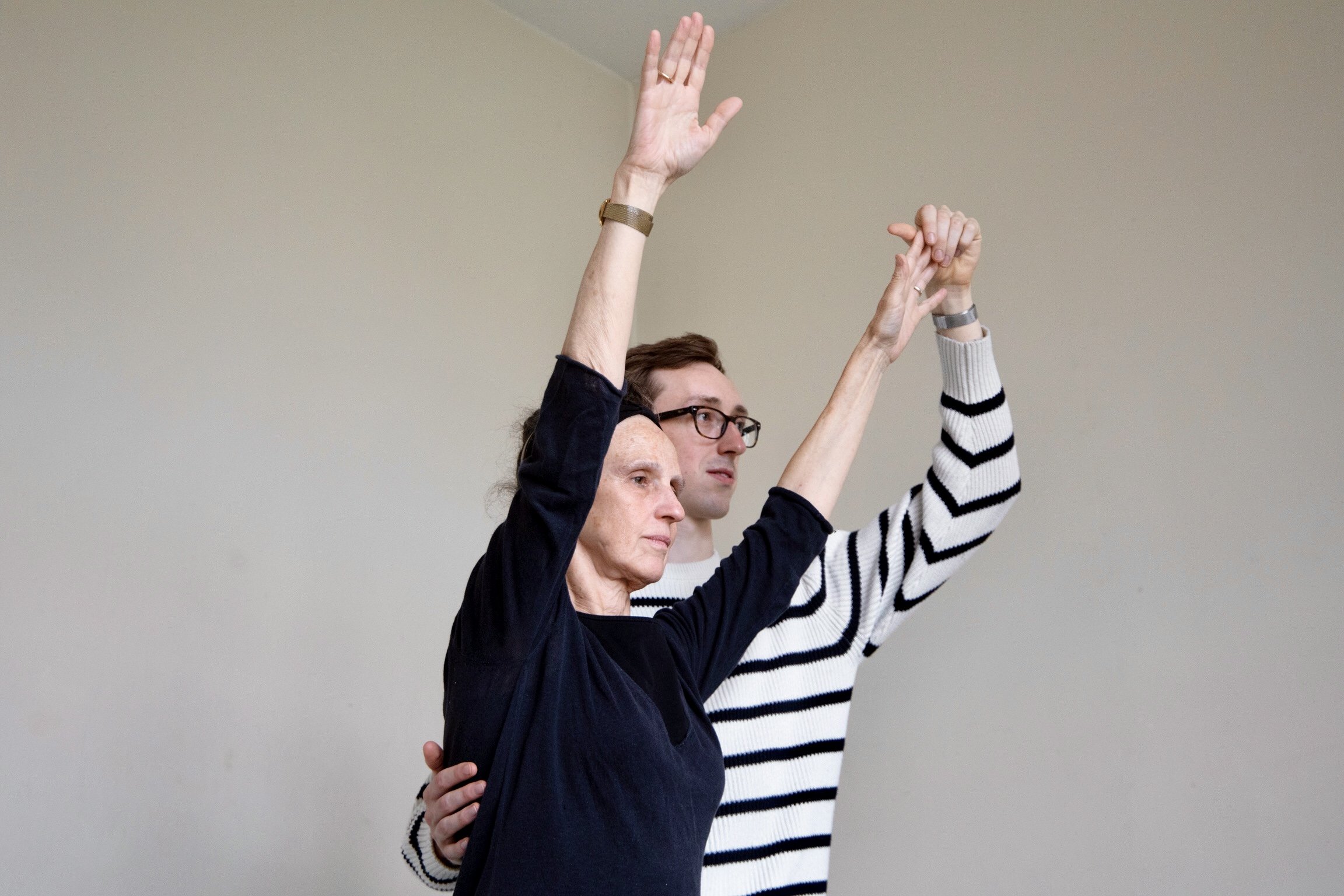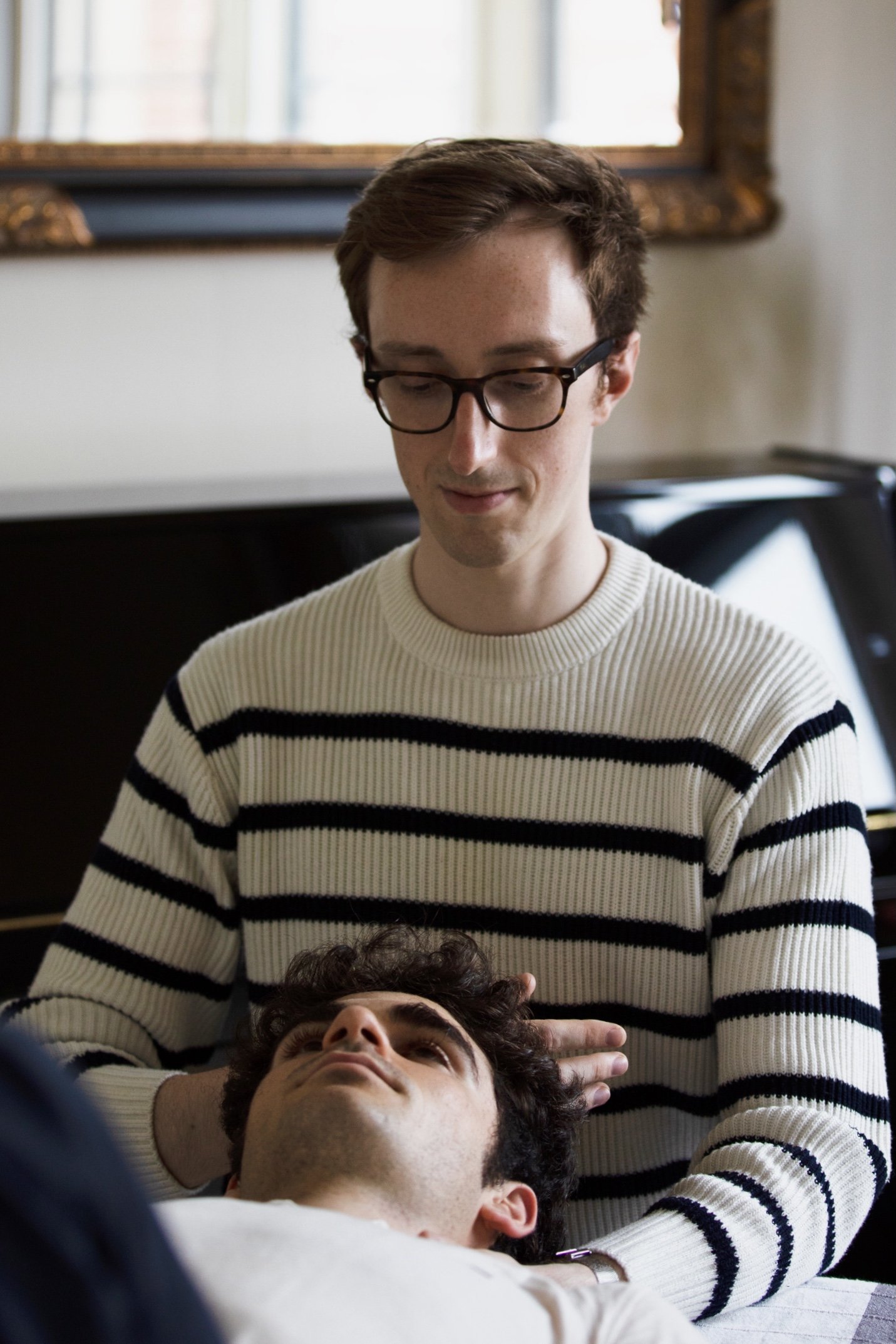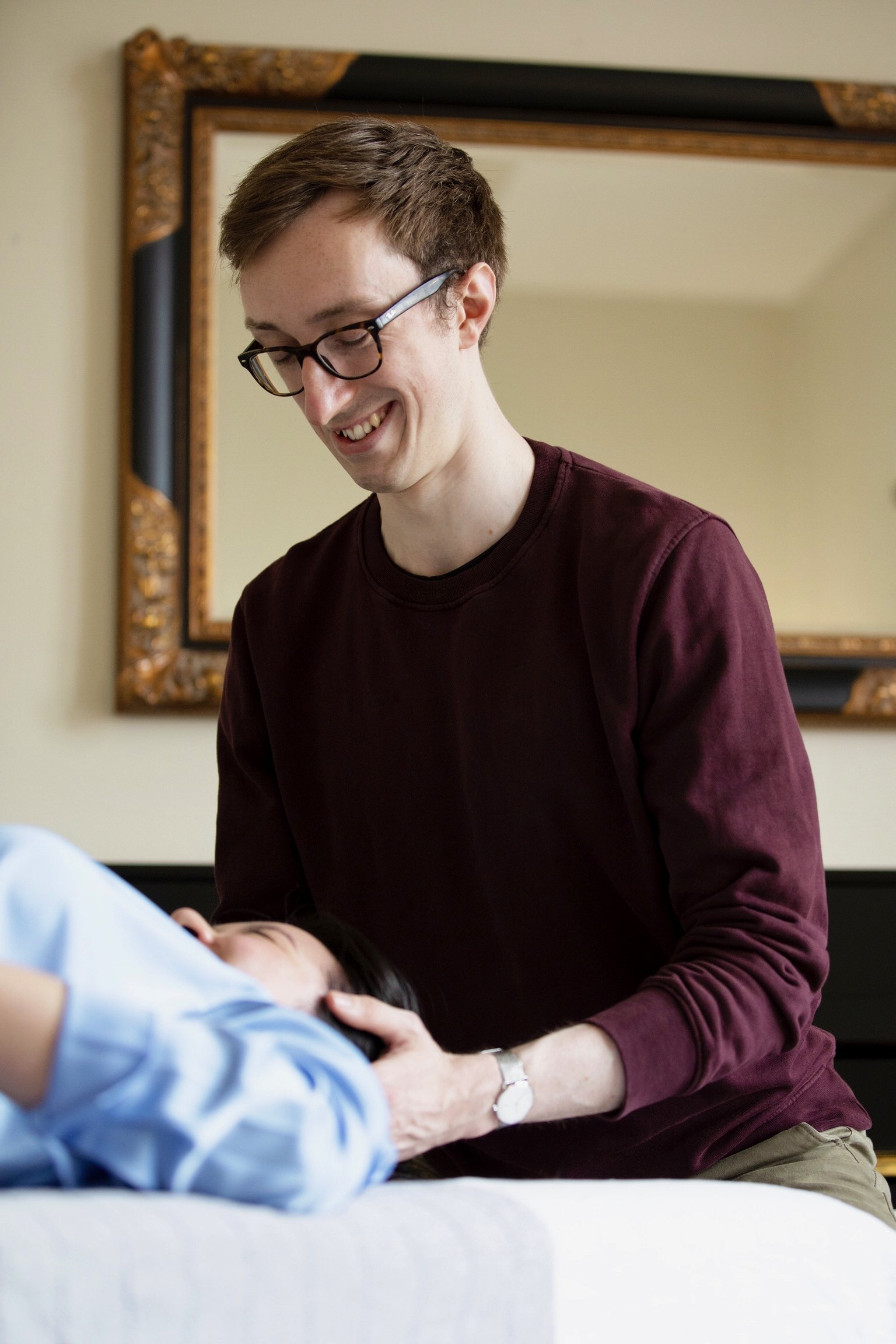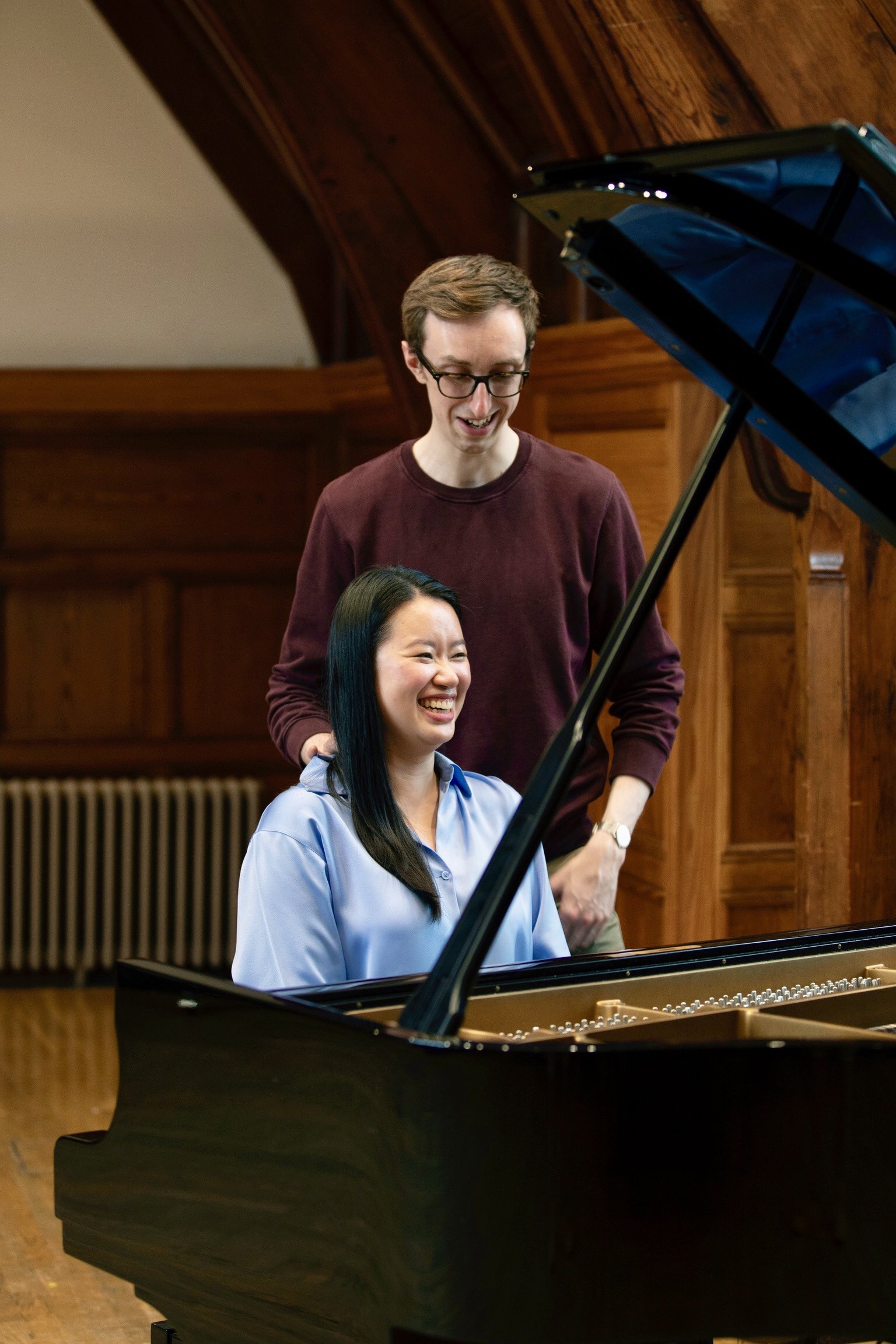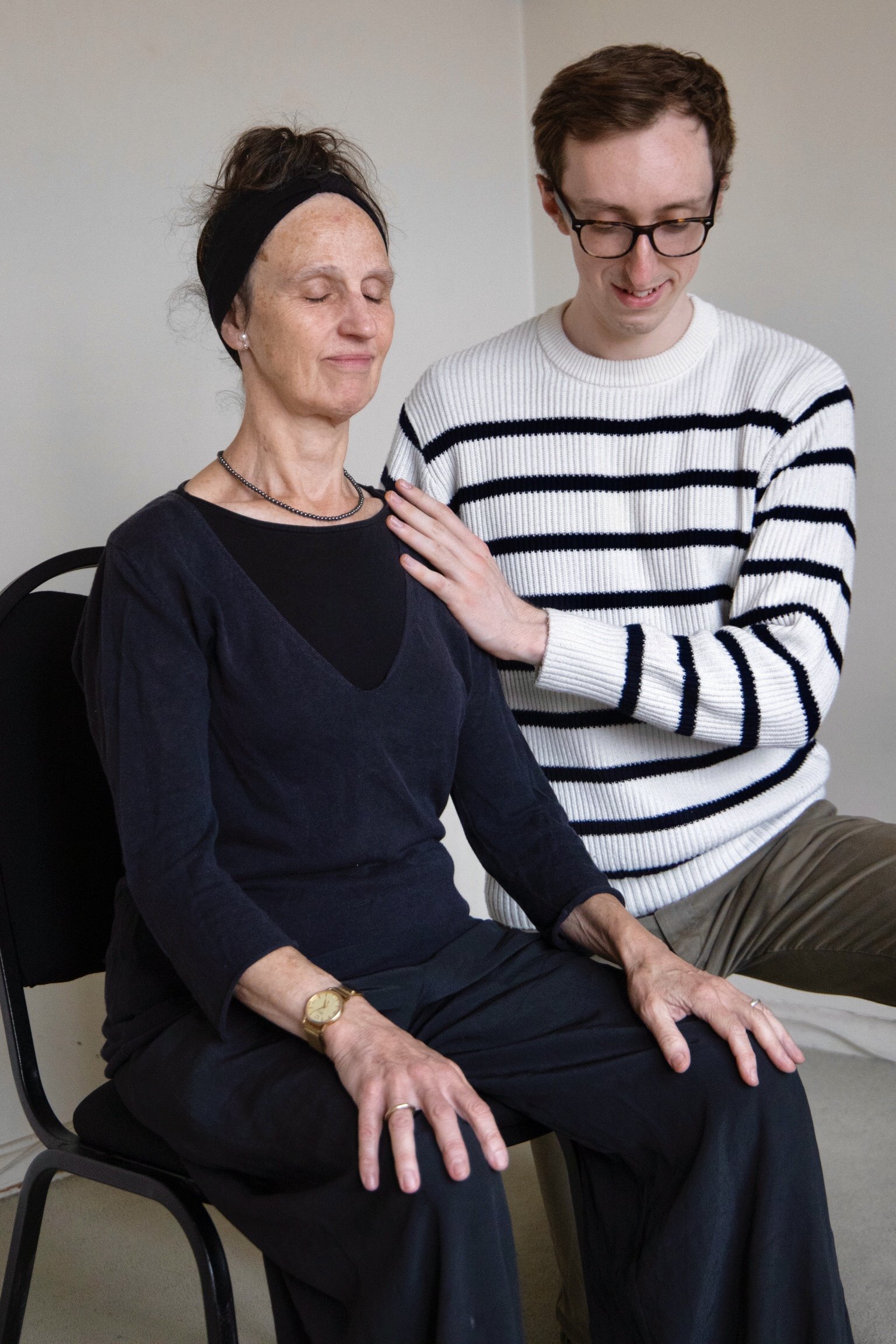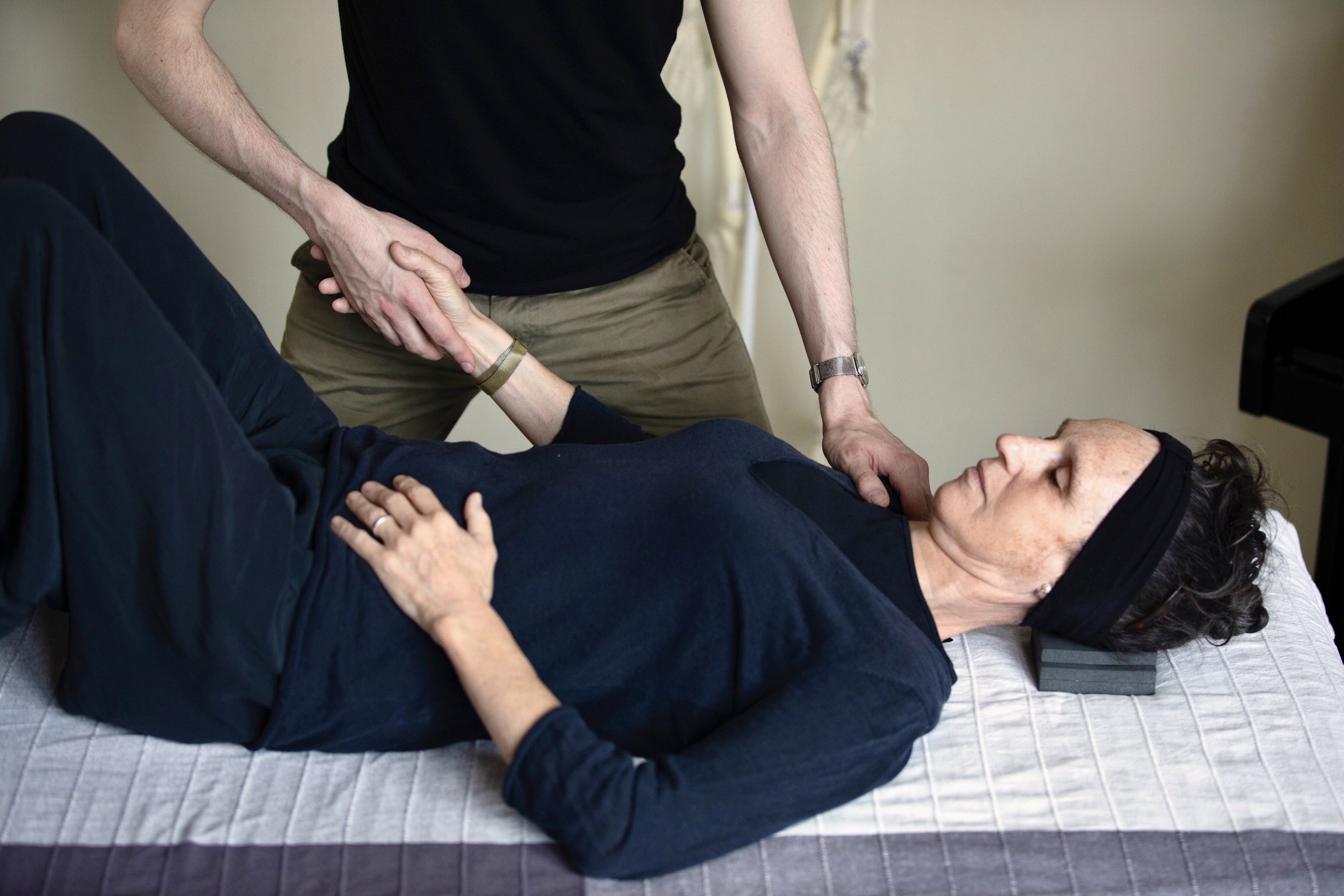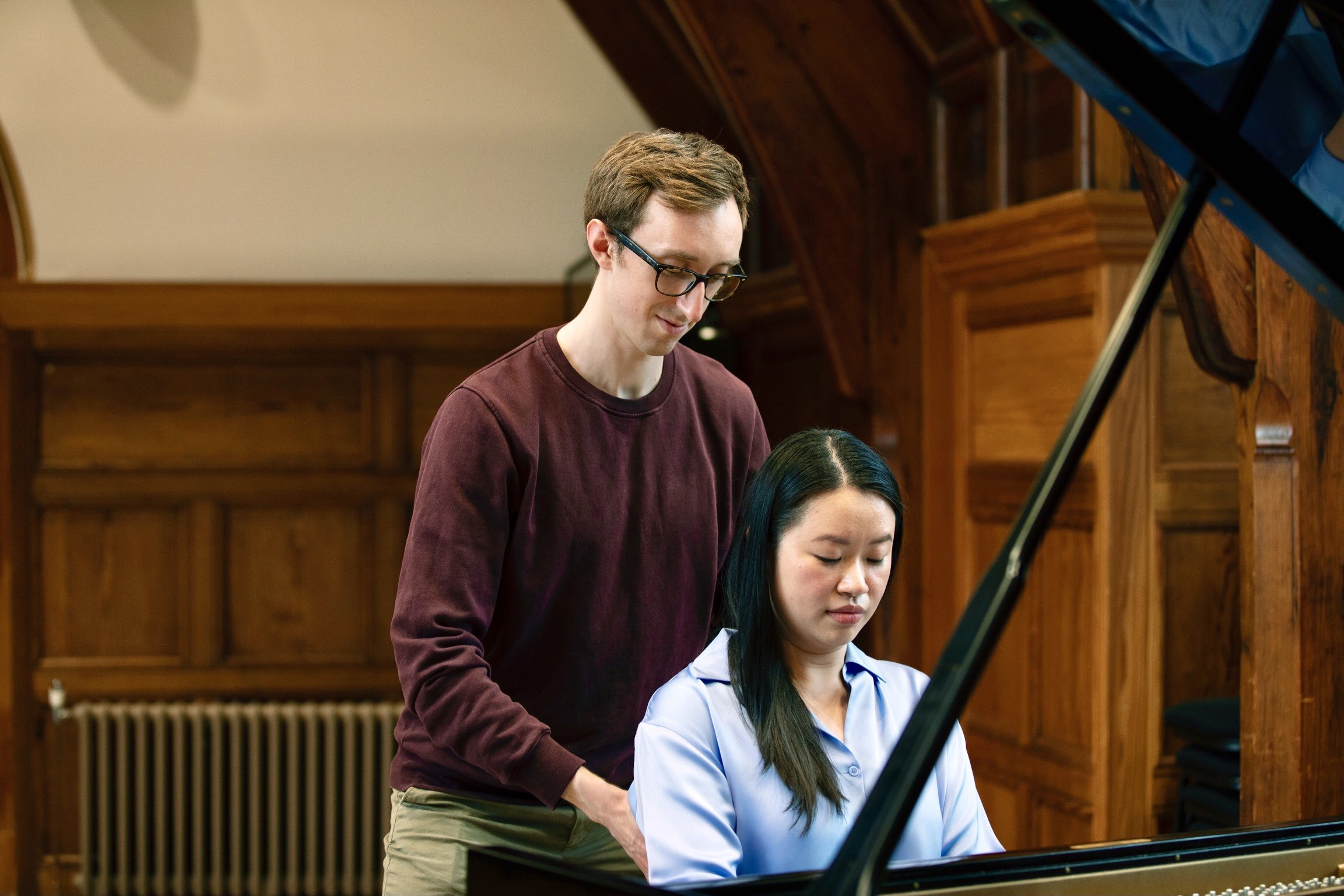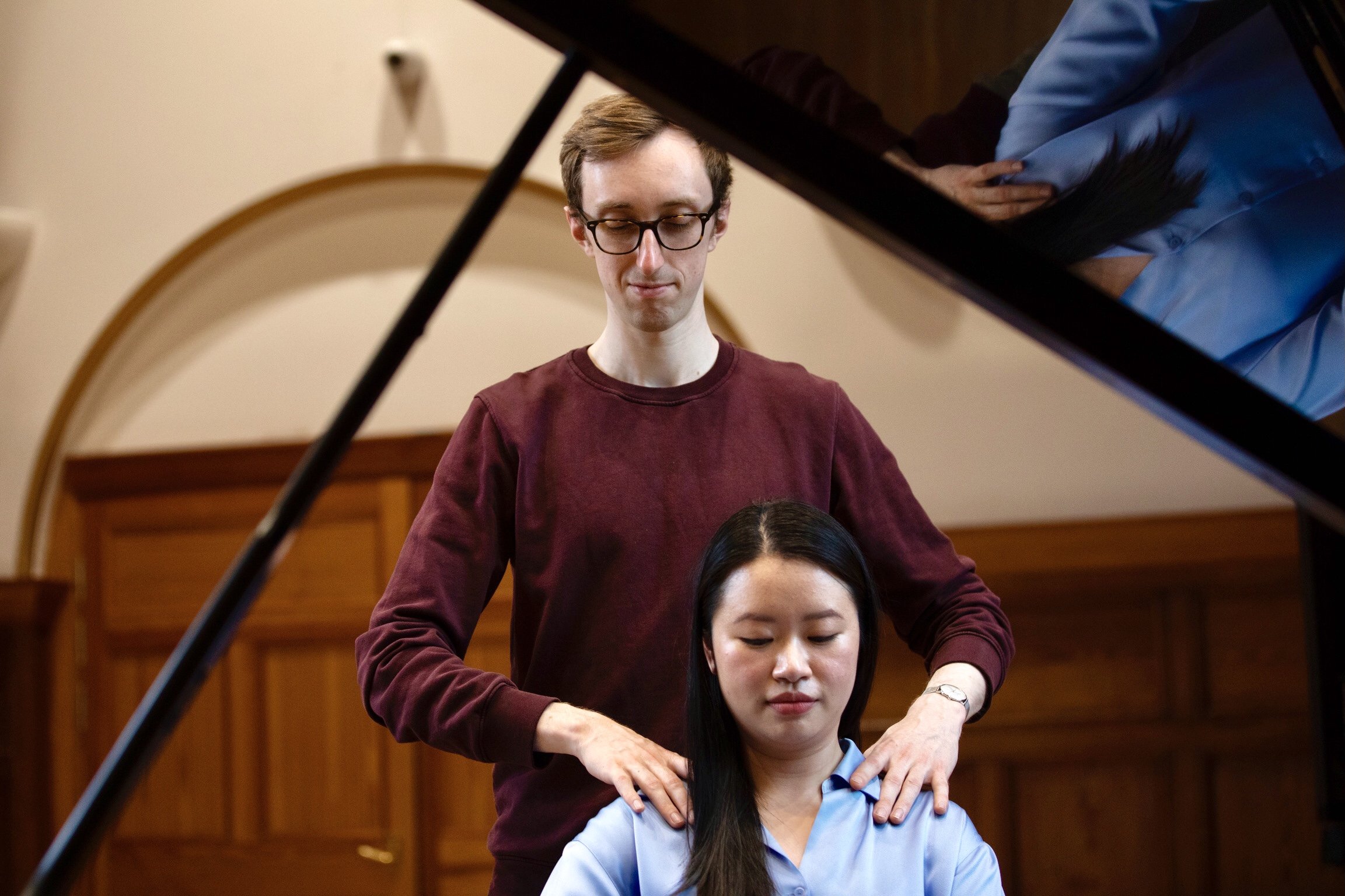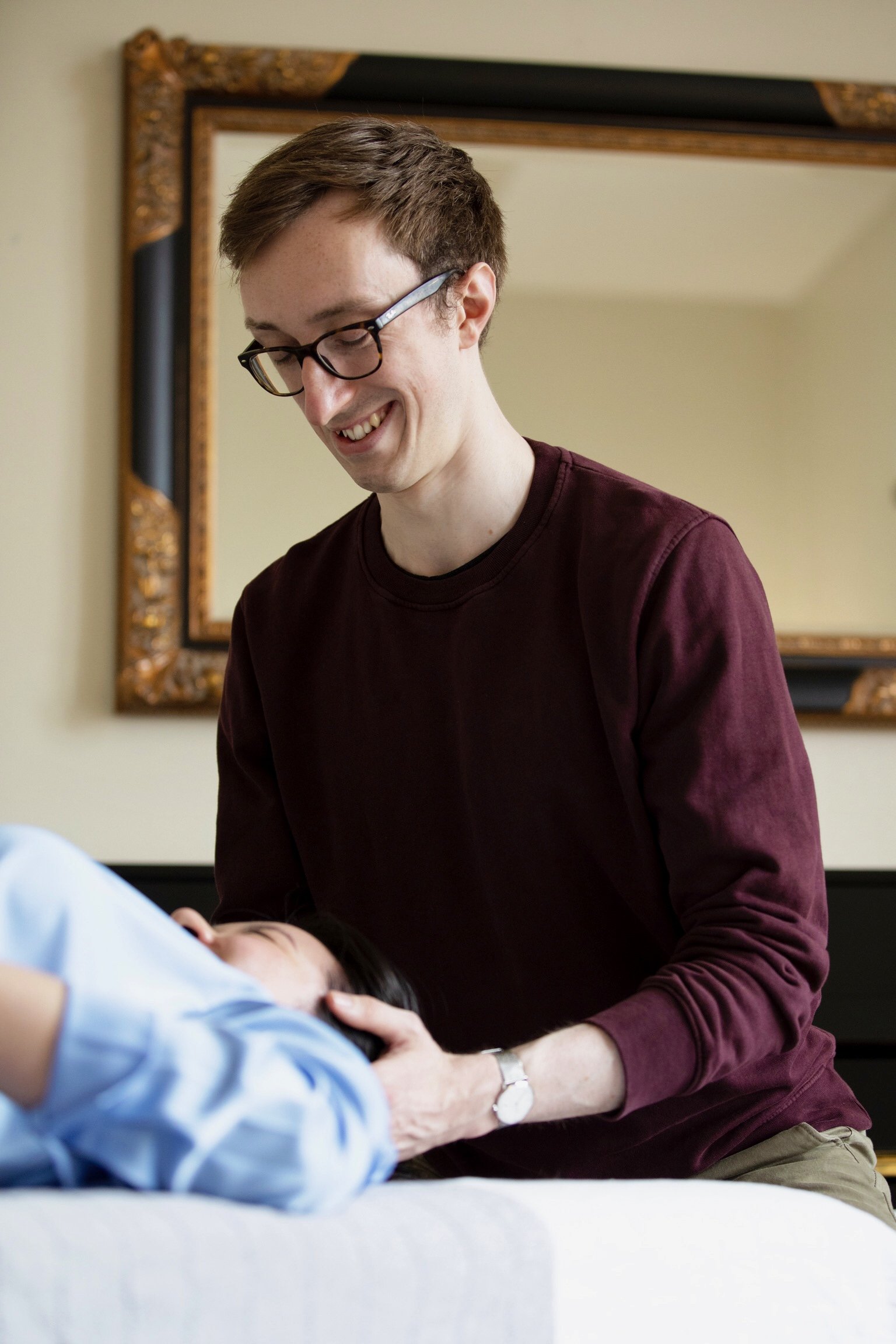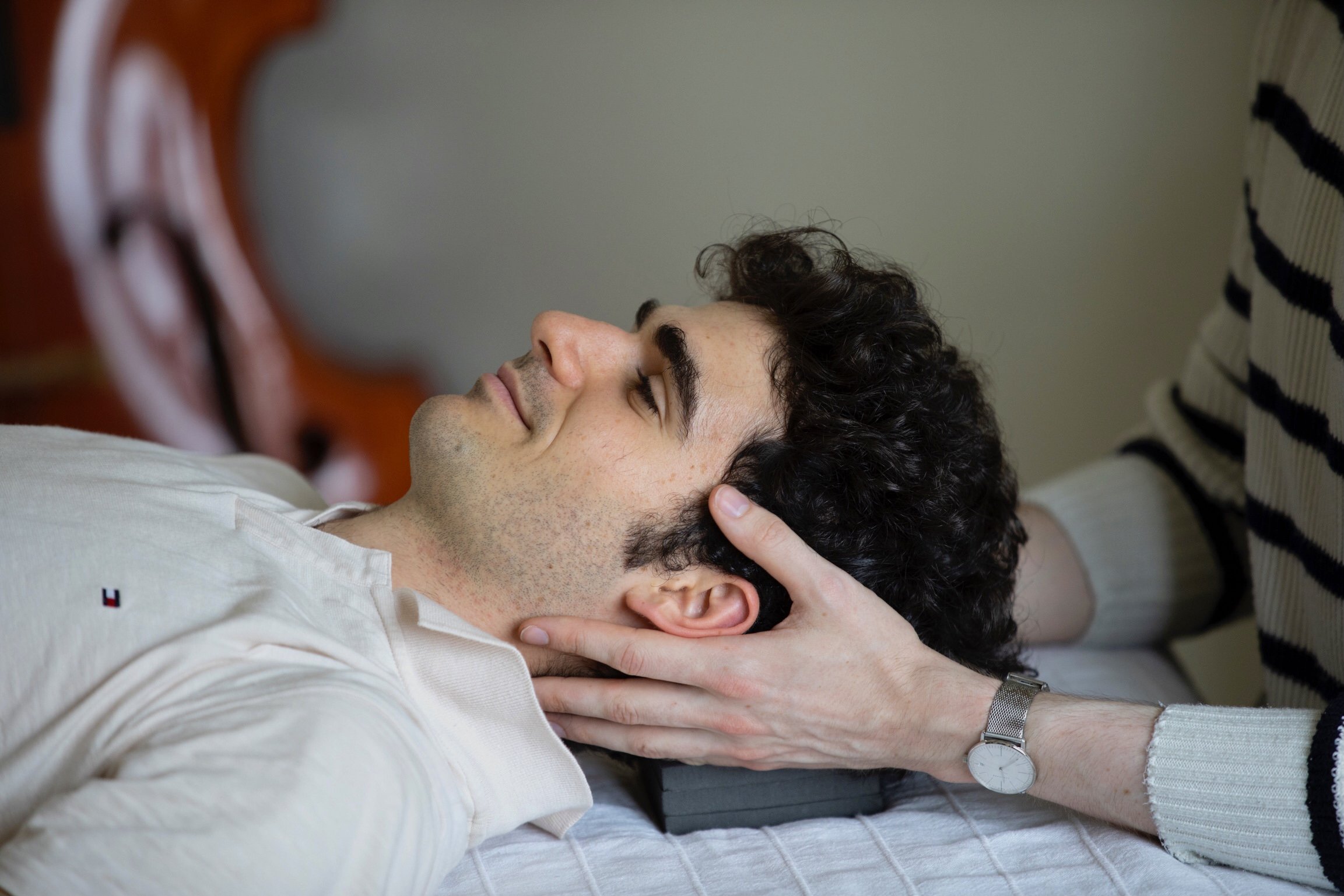
ALEXANDER TECHNIQUE IN GLASGOW
Sooner or later we all face challenges to our physical, mental, and emotional well-being. We might find ourselves developing back pain. Perhaps we start to feel overwhelmed by stress or anxiety. When we experience illness or injury we can find it difficult to recover the freedom and security we once felt in our bodies or to adapt to new limitations.
In the face of such difficulties, the Alexander Technique invites us to turn our attention to the way in which we move through the world. Have we developed patterns of thought and movement that interfere with how we feel and function? Can we engage in daily activities with less strain?
With the support of a teacher, it is easier to slow down and observe how we react to the challenges of daily life. We might discover that we’ve learned to make ourselves smaller in environments where we don’t feel comfortable. Maybe we rush ourselves and use excessive effort to carry out tasks that we don’t yet have the facility to accomplish with ease. We might become aware of protective gestures, adopted in response to injury or distress, that over time have become stuck. Or we may simply come to recognise that some of the ways in which we move work against the design of our body.
Through simple explorations of movement and stillness, the Alexander Technique develops our capacity to take the time we need to make skillful choices. Awareness of the body is refined, allowing for the development of more comfortable and pleasurable movement. We begin to understand how we embody emotions and by taking care of the body access a more peaceful and resilient state of being. We find that it is sometimes by doing less rather than working harder that we become more skillful, confident, and poised.
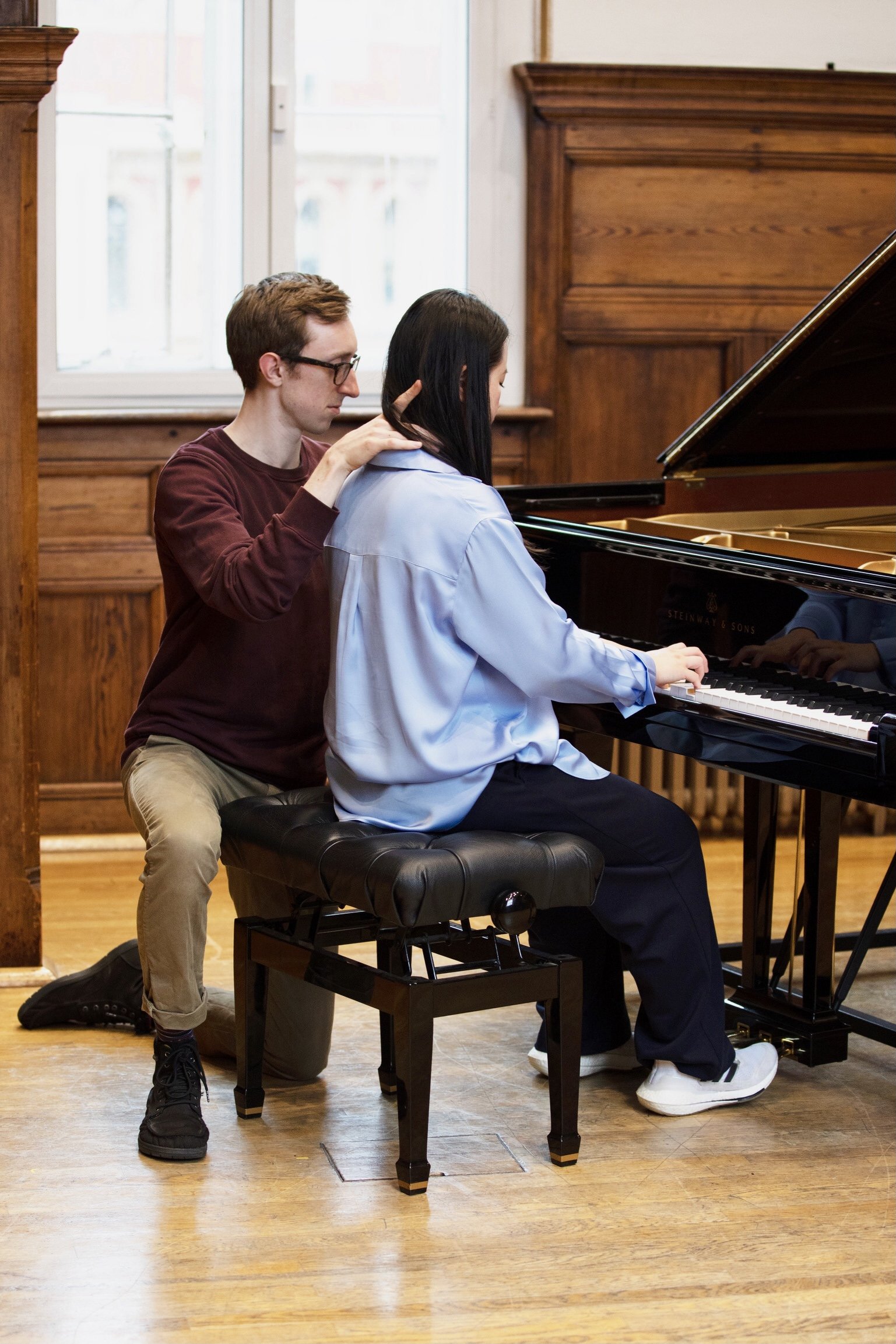
My first experiences of the Alexander Technique were as a Trumpet student at the Royal College of Music in London. It took a few sessions before I began to get accustomed to what was at first a very new way to think about how I played my instrument. I recall the moment something first clicked. As my teacher helped me to find a more dynamic way of balancing with my instrument, I felt my breathing become more expansive. It came to me with what felt like no effort at all. I was no longer getting in the way of my body’s natural capacity. From there, Alexander lessons became one of the most important parts of my study – helping me to work through performance anxiety and to develop an intentional, problem-solving approach to instrumental practice that significantly reduced the hours I needed to spend working with my instrument.
